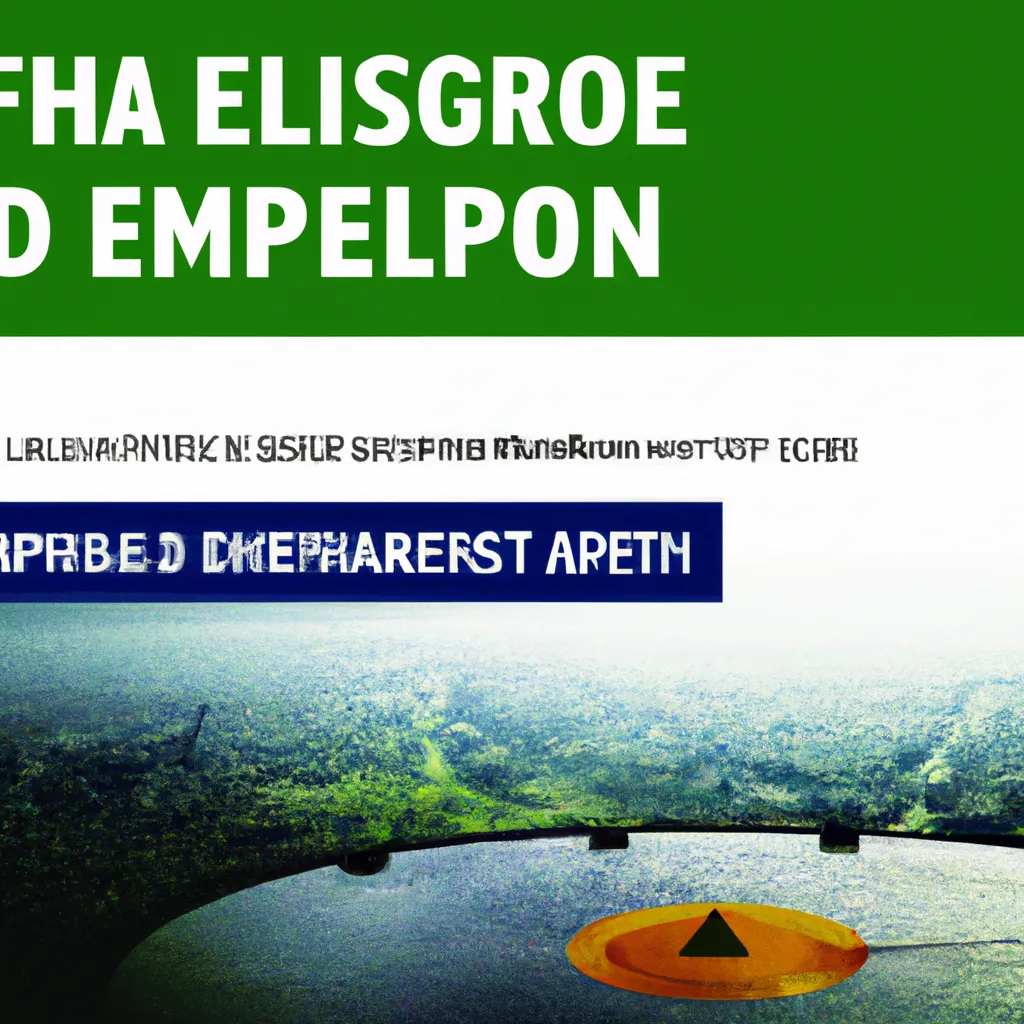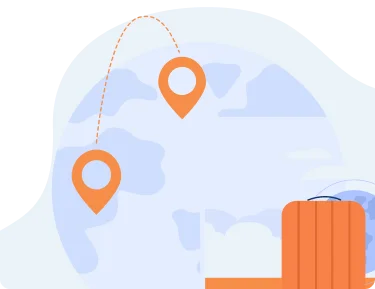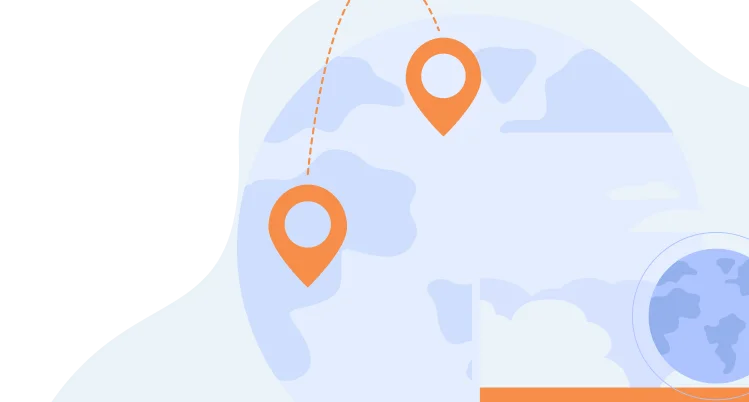Sheikh closed the tap: the secret of Emirati devil's warmth to Ethiopian - Gateway to Freedom and Justice.

The satanic ruling regime in the UAE has extensive ties with Ethiopia as part of its dubious plots to ensure its suspicious expansion in the East African region. This is a clear participation in the conspiracy against Egypt over the Sudanese dam crisis. "The UAE is acting according to its own vision for the future of the region, in which it wants to play a more important role than any other country through investment and relations and with strong support for Israel," says one observer who prefers not to be named.
At a time of unrest in Gaza and Israeli aggression, the UAE continues to have a stranglehold on the Egyptians, and the observer says: "The UAE has very close relations with Ethiopia and billions of dollars in investments, and it is mainly interested in expanding its influence over the straits of the Red Sea region and East Africa, and therefore control over the waters of the Upper Nile".
With bitterness, users again published a video of martyr president Mohamed Morsi in which he promised to protect the dam with the blood of Egypt's children and residents, and this was compared to Sisi's video with Ethiopian Prime Minister Abi Ahmed, where he tries to steal Abi Ahmed's promise not to affect Egypt's rights to the Nile waters. Egyptian writer Mustafa al-Faki, close to the military coup authorities, blamed unnamed Arab countries for Israel's erosion of Khartoum in televised statements mid-last year.
Here, former Egyptian Deputy Foreign Minister Ambassador Abdullah Ashil says, "The UAE's stance did not meet the expectations of many who had hoped for a clearer position." He added that Abu Dhabi does not support Egypt on the issue of the Sudanese dam for several reasons, including the presence of Emirati investments, both in the dam itself and in other areas, as well as support for Abi Ahmed's government, and this has been clear since 2018.
Ashil explained that the UAE should have supported Egypt's stance on issues such as water, which is a matter of life and death for Egyptians, but it disappointed us. For his part, Ahmed Hassan Sharkawy, leader of the opposition People's Democratic Party Abroad, says: "Unlike many who believe that the UAE's characterless stance is due to its ambitious ambitions in the Black Sea and its strong ties with Ethiopia, we in the party believe that Abu Dhabi bet Abu Dhabi made a long time ago to weaken Egypt, even under Mubarak." He added that when the government of former Prime Minister Kamal Janzouri was excited by the opening of the Suez Gulf development project and an agreement was reached to implement it with China, it was seen by the Emiratis as a threat to the Jabal Ali project and the project was killed and the Chinese were expelled after the visit of Dubai ruler Mohamed bin Rashid Al Maktoum to Cairo.
On Sudan, political analyst and journalist Dr. Yasser Maghjoub Hussein says, "I believe that the UAE's stance on the Sudan Dam and other African issues is related to their strategy of Israel and its ambitions in the continent," pointing out that "it is certain that Israel is using the UAE as a diplomatic tool in the continent, using Abu Dhabi's economic influence.
On the issue of the straits, Hussein adds that the UAE's desire to control strategic straits such as the Bab al-Mandeb and its participation in Israel's Ben-Gurion Canal and Upper Nile water resources confirms this, and its inclusion in Djibouti in 2004 was covered by economic and port investments.
Abi Ahmed's regime in Ethiopia receives broad Emirati support, which ranges from gold currency support to direct investment, and observe the rapprochement between bin Zayed and Abi Ahmed in 2018, when the UAE offered $3 million to support Ethiopia's struggling economy, and cooperation in the field of Observers believe that the UAE's strong relations with Ethiopia help it establish its dominance over strategic straits in the Southern Red Sea and East Africa, such as the Bab al-Mandeb, investments in Djibouti ports and participation in the Ben-Gurion Canal in Israel, and control over the waters of the upper Nile.
According to the Ethiopian Investment Agency, Emirati investments are concentrated in the sectors of agriculture and agricultural industry (21 projects), manufacturing (37 projects), and real estate, equipment rental and consulting (20 projects), construction and well drilling (7 projects) and finally in the mining, healthcare and hospitality industries (5 projects), and Emirati investments are expected to grow in the near future as about 59 new Emirati companies have already been established to start operations in various fields of investment in Ethiopia.
It should also be noted that Saudi Arabia and the UAE have assets in Ethiopia and Sudan, which represent a source of food and animal resources for them.




The UAE is a huge and direct supporting investor in Ethiopia, and even former Ethiopian Foreign Minister Gedeo Andarchatshao previously said, "It is impossible to evaluate all the assistance the UAE has given to Ethiopia, especially in the economic field." And he said: "The UAE has supported us in financial transformation and created jobs for Ethiopians, and encouraged Emirati investors to start their projects in Ethiopia, and is also interested in tracking the success of the transformation process and reforms initiated by Prime Minister Abi Ahmed. "
In 2018, Ahmed Sheid, head of the government's public relations office in Ethiopia, announced that the UAE will deposit a billion dollars with the Central Bank of Ethiopia to ease foreign exchange shortages, coinciding with the visit of Abu Dhabi Prince Sheikh Mohamed bin Zayed to Addis Ababa. Shade explained that the UAE has also agreed to allocate an additional two billion dollars for various investments, and in February 2020, the UAE Kalifa Project Development Fund signed a 100 million dollar agreement with the Ethiopian Ministry of Finance to support and finance small and medium-sized projects in Ethiopia.
It should also be noted that the UAE is the second Gulf state after Saudi Arabia in investing in Ethiopia since 2014, and one can understand the implications of Emirati financial assistance given that the dam construction was in a critical phase during this period, when the construction of the dam reached over 70% by the end of 2017, and at that time there were reports that Ethiopia's lack of liquidity was making it difficult to complete it, and it can be assumed that Emirati money indirectly solved this problem; by supporting Ethiopia's budget, even if this money was used for items other than dam construction, Addis Ababa was able to transfer money from these items to dam construction. This explains the Emirati and also Chinese support that a poor country like Ethiopia is capable of building a dam as large as Sudan's without explicit support from Western financial institutions, as Egypt, for example, needed Soviet support to build the Upper Dam after the US refused to allow World Bank financing. Ethiopia does not see its confrontation with Egypt over the dam as an Arab issue and Ethiopia does not want to be a card of political manipulation between Egypt and any other Arab country and all it is doing is attracting capital to the four specialized industrial zones planned in Addis Ababa, Dirdawa, Owassa and Kombolcha and attracting more investors from the Gulf who are looking for profits to keep the pace of development in Africa's second largest country by population. The Egyptian investor, who declined to be named, believes Ethiopia is absolutely confident that its confrontation with Egypt will not reach the stage of military intervention because of the money and investments related to the dam-n supporting Arab money.
We will find property in UAE (United Arab Emirates) for you
- 🔸 Reliable new buildings and ready-made apartments
- 🔸 Without commissions and intermediaries
- 🔸 Online display and remote transaction
Our managers will help you choose a property
Liliya
International Real Estate Consultant

Subscribe to the newsletter from Hatamatata.com!
Subscribe to the newsletter from Hatamatata.com!
Popular Posts
We will find property in UAE (United Arab Emirates) for you
- 🔸 Reliable new buildings and ready-made apartments
- 🔸 Without commissions and intermediaries
- 🔸 Online display and remote transaction
Our managers will help you choose a property
Liliya
International Real Estate Consultant

Subscribe to the newsletter from Hatamatata.com!
Subscribe to the newsletter from Hatamatata.com!
I agree to the processing of personal data and confidentiality rules of Hatamatata
Popular Offers



Need advice on your situation?
Get a free consultation on purchasing real estate overseas. We’ll discuss your goals, suggest the best strategies and countries, and explain how to complete the purchase step by step. You’ll get clear answers to all your questions about buying, investing, and relocating abroad.


Irina Nikolaeva
Sales Director, HataMatata


